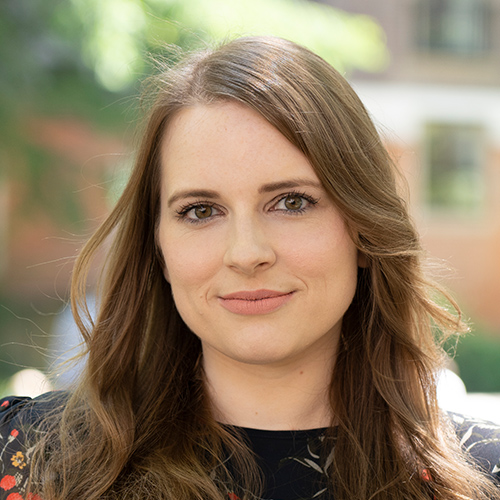A few years back, I invited a friend over for dinner. ‘I’ve got you a present’, he said, as he walked in the door to the smell of the (probably terrible) pseudo-Italian feast I had concocted for him. He presented me with a book: Mindfulness: A practical guide to finding peace in a frantic world [1]. I couldn’t think of a lovelier present. Except I had no idea what the heck mindfulness was.
That was the first time I’d come across the term. At the time, I was rather struggling with life and my friend, a long-term sufferer of depression, thought I might find it useful. Later that week, another friend happened to write on Facebook about a mind-blowing mindfulness retreat he had attended at the weekend. Intrigued, I opened my new book and delved into the world of mindfulness meditation.
In the past few years, the study and practice of mindfulness has exploded in Western culture. Originally deriving from Buddhism, it’s now utilised as a form of treatment for both mental and physical illness. It’s currently endorsed by the NHS [2] and is regularly used in workplaces, as well as seeping into popular culture as a means to increase health and happiness. It is described as ‘a mental state achieved by focusing one’s awareness on the present moment, while calmly acknowledging and accepting feelings, thoughts, and bodily sensations’. Essentially, it helps individuals learn ‘how to live with more appreciation and less anxiety’ [3].
Sounds pretty wonderful, doesn’t it? Who wouldn’t want to decrease stress and anxiety, focus on gratitude and peace, and increase their happiness in everyday life? Plus, it’s actually supported by science. At the time, it seemed like the perfect tonic to my problems and I began to perform the meditations daily. The exercises were relaxing, peaceful, and helped me control spiralling thoughts.
I certainly found value in various aspects of my mindfulness practice, but that was as far as my expedition went. It began to dawn on me that there was still something ultimately lacking in my life. Whilst I recognise that mindfulness can be a valuable tool for treating mental health difficulties, I don’t believe it truly offers any permanent solution to life’s problems. For one thing (unsurprisingly for a technique adopted by the self-help movement), its essential idea is that peace can only be found inside yourself; that you are solely responsible for finding rest ‘from within’. If it was that simple to bring about personal transformation, surely we would all be very different people at heart? Unfortunately for my friend, his depression returned after this momentary salve fell short. Why was he, a devotee to the cause of mindfulness, not able to generate real change despite daily meditative practice? Is he now simply left with the knowledge that he failed because he was unable to attain this promise of a renewed sense of peace and happiness?
I would also question whether mindfulness offers any real or substantial hope. It may give me hope that my life might be more peaceful, but is that really enough to bring me healing or take me from the brink of depression — even death? And when you think about it, this call for mindfulness can be seen as just one more demand, one more promise in a world of quick-fixes and empty solutions. ‘Do the meditations, do the exercises and you will see change’ is the message promoted through the literature. I have to wonder, where is the freedom in that?
All of this highlights the greatest fault I find with mindfulness, and the self-help movement in general: the whole thing hinges on the idea that we are supposed to pursue happiness, that happiness is the purpose of life, an end in itself. We feel entitled to happiness, and yet it always seems outside of our grasp. But what if happiness itself was not the goal, but rather the by-product of living for the right purpose?
This pressure to attain satisfaction, to live a full and happy life without questioning what I was living for, brought me to the end of myself. Chasing contentment in this way was like running dehydrated in the desert to some unattainable mirage of perfection. I realised that we cannot change ourselves; only a God powerful enough to save us can do that. In that moment of utter bleakness in my life, I knew that I needed saving. I needed hope, and God gave me that a thousand fold. He never promised us an easy life, but he did promise that in our weariness — in a culture full of pressures, trials, and a mental health epidemic — we can find rest and unspeakable joy in him. Perhaps that seems like a mawkishly sentimental claim, but I can only tell you what I’ve found to be true. In our increasingly frantic world, there is only one source of truly lasting peace.


